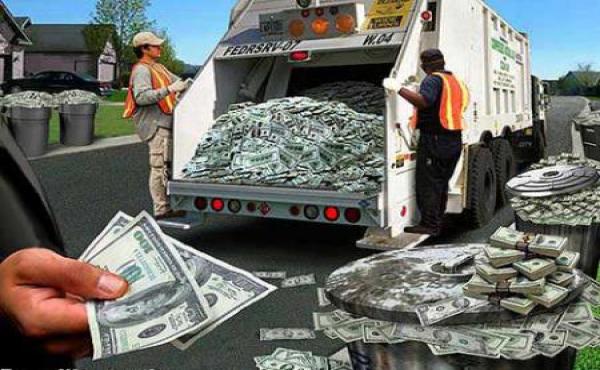After default, Argentina economy falling into deeper hole

In the six weeks since Argentina failed to complete a debt coupon payment and defaulted for the second time in 12 years, the government has restricted the amount of dollars available to importers, boosted subsidies and drawn up proposals to interfere in private companies' output plans.
Argentina's government is ramping up state intervention in the economy to try to prevent a new debt default from triggering a balance of payments crisis but its policies are also battering business confidence and may deepen a recession.
In the six weeks since Argentina failed to complete a debt coupon payment and defaulted for the second time in 12 years, the government has restricted the amount of dollars available to importers, boosted subsidies and drawn up proposals to interfere in private companies' output plans.
"They're clamping down on foreign goods," said 42-year-old camping store salesman Javier Aguirre, gesturing at a single sleeping bag hung on a rack meant to display a dozen. "We are having to place things carefully at the front of the shelves to make it seem we're well stocked."
Along the Santa Fe shopping boulevard in Buenos Aires, the choke on inport and a sharp decline in consumer spending have driven up shop closures and forced retailers to bring forward sales.
The leftist government's measures are meant to shore up foreign reserves that stand at less than five months worth of imports and boost consumer confidence to prevent the $490 billion economy already contracting.
But with no signs of a deal to emerge from default and thus no prospect of a return to global debt markets, capital flight has intensified, pushing the peso currency to record lows and fuelling inflation.
One company manager who imports agricultural machinery, including water pumps and generators, describes the government's policies as "lethal" even before the default, and says they are now even worse.
He said the import curbs mean he been able to import goods worth just $2,795 in the first six months of the year compared with an average $25 million in previous years.
"We are eating up stock just to pay taxes," said the manager, who asked not to be identified because he was speaking out against the government. "We have merchandise for a few months, not more than a year, and after that the company will die."
Business leaders have long complained about President Cristina Fernandez's interventionist policies.
Heavy government spending and high commodity prices helped drive strong growth in the early years of her presidency but tight controls on prices and the currency market have caused imbalances in the economy and it fell into recession this year.
Foreign reserves have slumped and inflation is running at more than 30 percent.
"It was bad enough before, but with the default everything's worse," said Carolina Tiscornia, who works in a clothing store that is closing after revenues fell 30 percent this year.
